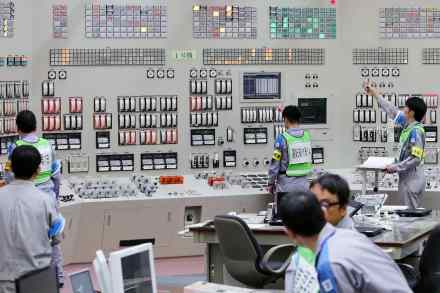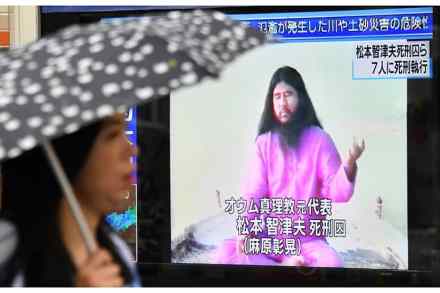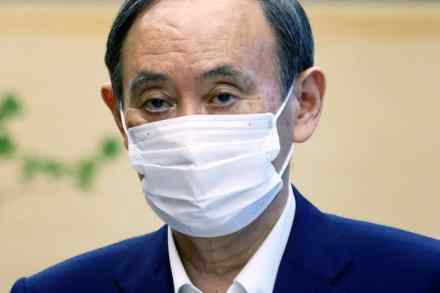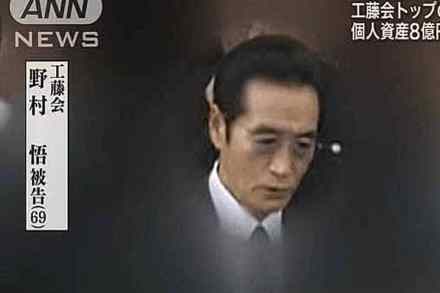Japan’s nuclear renaissance
Japan is reversing its avowedly anti-nuclear stance, restarting idled plants and looking to develop a new generation of reactors, announced Prime Minister Fumio Kishida on Wednesday. This major policy shift from the world’s third biggest economic power underlines both the seriousness of the global energy crisis and points to the most likely way ahead. This announcement would have seemed unimaginable a decade ago in the wake of the Fukushima nuclear disaster, which saw the plant flooded and led to three separate hydrogen explosions. Then prime minister Naoto ordered those living within a 12-mile radius of the plant to be evacuated as the Fukushima area was designated a contaminated wasteland. I well remember the





















